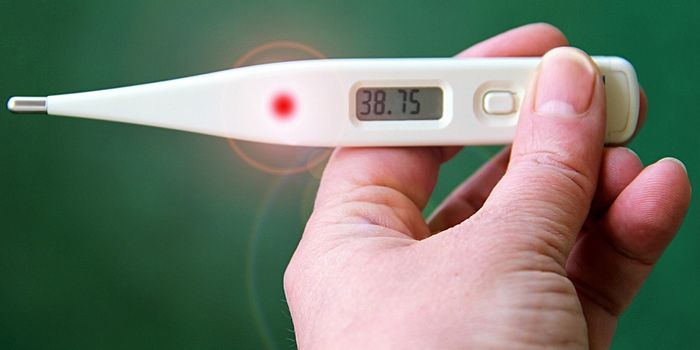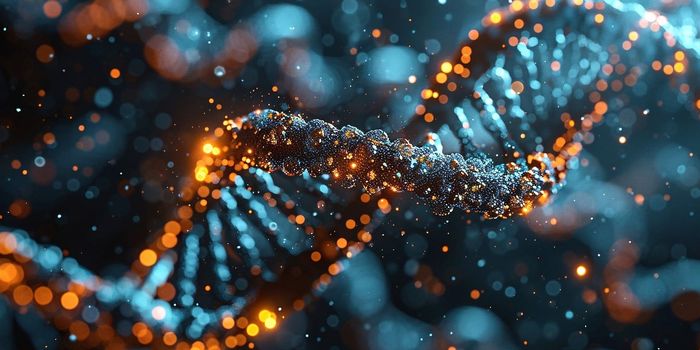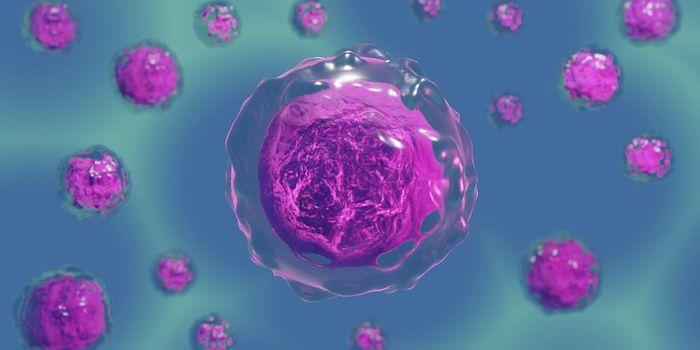Diet can influence effectiveness of chemotherapy
Can changing your diet improve chemotherapy results? New research published in Nature Communications suggests that diet-microbe interactions can alter the host response to chemo drugs without altering the drug or the host. And, the researchers say, this might not be the case for only chemotherapy drugs.
The study, led by scientists from the University of Virginia, details how certain parts of our diets, such as amino acids, influence the effectiveness and toxicity of cancer treatment drugs - all because of our gut microbes. This discovery has major implications for improving anti-cancer treatment and care and could explain why patients have such drastically different responses.
"The first time we observed that changing the microbe or adding a single amino acid to the diet could transform an innocuous dose of the drug into a highly toxic one, we couldn't believe our eyes," said Eyleen O'Rourke, Ph.D. "Understanding, with molecular resolution, what was going on took sieving through hundreds of microbe and host genes. The answer was an astonishingly complex network of interactions between diet, microbe, drug and host."
Of course, we’ve known for a while the important role that our microbiome and particularly our gut microbes play in just about every part of our health. So maybe it shouldn’t be so surprising that these scientists have finally pinned down just how much diet influences our bodies’ reactions to drugs.
As the scientists explain, we are what we eat ….and so are our microbes. For example, "The same dose of the drug that does nothing on the control diet kills the [roundworm] if a milligram of the amino acid serine is added to the diet," said lead author Wenfan Ke. "The data show that single dietary changes can shift the microbe's metabolism and, consequently, change or even revert the host response to a drug," the authors elaborate in their paper. Even such a minimal change can result in an increase in toxicity of a chemotherapeutic drug up to 100-fold, they say.
The significance of this finding is huge because it could lead to a future of customized medical treatment where doctors give patients not just prescriptions but detailed dietary guidelines and personally formulated microbe cocktails to help them reach the best outcome.
"The potential of developing drugs that can improve treatment outcomes by modulating the microbes that live in our gut is enormous," O'Rourke says. "However, the complexity of the interactions between diet, microbes, therapeutics and the host that we uncovered in this study is humbling. We will need lots of basic research, including sophisticated computer modeling, to reveal how to fully exploit the therapeutic potential of our microbes," she concludes.
Sources: Nature Communications, Eureka Alert









